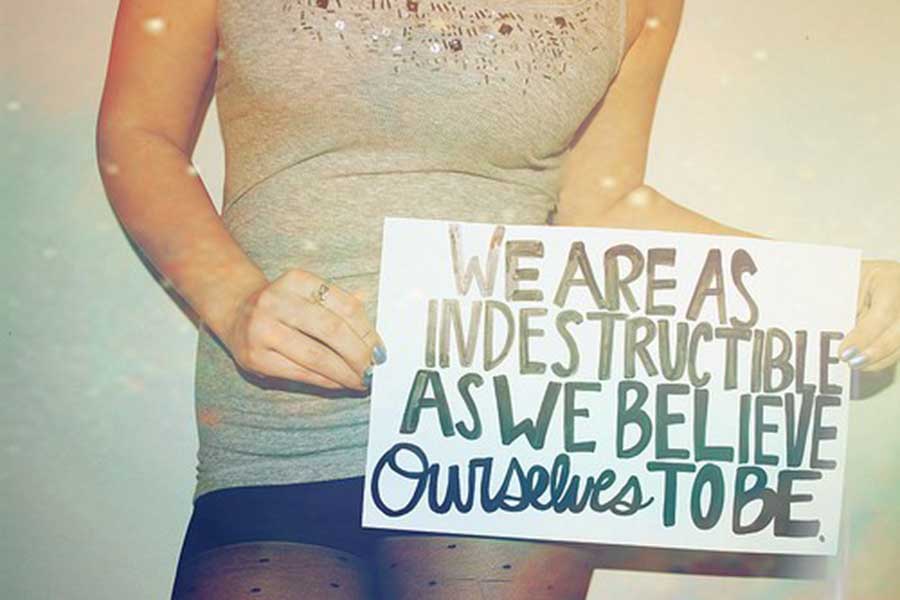Imagine being 24 years old again, old enough to fully live and young enough not to care. Remember what it was like the first time you fell in love — not puppy love that usually disappears after high school, but real love. Love that makes your stomach flutter and your hands moist when you’re around that person, your eyes wander because you become fascinated with this being in front of you, secure in knowing that all your love and efforts in creating a healthy, functioning relationship are reciprocated to the fullest ability. Now imagine being that person’s lover: basking in the glory of sweet, sweet tangerines mixed with cinnamon, honey, whipped crème and vodka because as we all know, love is hard. However, the beauty within you two is that you make it work: love. Love is enough. Picture the two of you holding hands out by the beach, relaxing with the sand in your toes and the wind in your hair. You lean into your sweetheart, two ice-cold tall glasses of champagne — topped with HIV; would you like one?
Here at Bebashi Transition to Hope we’ve noticed a trend in our younger clients. Oftentimes people younger in age suffer with what we like to term the “God Complex,” the extreme feeling of being indestructible. Once diagnosed with HIV/AIDS, younger clients do not immediately seek connections to care because there are no visible symptoms or health concerns that dampen their day-to-day life. On the contrary, younger clients do not get tested as often if they are sexually active, with the belief that it will never happen to them, they trust in their partner(s) or they’re simply not as responsible as we’d hope they’d be. With actions like these, it is easy to gather how they’d come in contact with the human immunodeficiency virus.
Although in the year 2016 there have been huge strides in treatment and education, stigma is still a huge factor that contributes to clients rendering away from care. If we are to remain private with our diagnosis, there’s a greater chance that no one will find out our status. Our clients’ refusal to accept their own diagnosis hinders their treatment: avoiding the doctor because they are afraid someone might see them, refusal to refill medications out of fear that someone may find out what the prescriptions are, shying away from case management/support groups to escape the prying questions. Being young and having HIV/AIDS forces our clients to mature at a quicker rate than they may be ready for.
Among our young men who have sex with men (MSM) clientele, homelessness and unemployment are also barriers to retention of care. For someone who has several risk factors present, the client’s priority is what renders the most attention. Finding stable living and occupying a job to sustain an adequate living standard holds far more importance than taking several pills a day and finding transportation to medical appointments. If one does not have the money to eat for that day or does not have any idea if they’ll be able to sleep or shower that night, making their way to a health center becomes mediocre.
Please remember that we’re imagining being 24 years old, old enough to fully live and young enough not to care. I encourage you to take this drink with me. I choose not to disclose to you. I want to enjoy a simple evening like many of my young counterparts without the worry of losing you, being shamed from my family, kicked out of my home or fired from my job. I’ll continue to hold your hand as we drink this tall glass of AIDS together and hold onto some part of my life that will remain the same.
Shanera S. Kee is a medical-case manager at Bebashi Transition to Hope in Philadelphia. Kee is a recent college graduate with a bachelor of science in social work from Slippery Rock University of Pennsylvania. In the short time that Kee has been at Bebashi, she has demonstrated a commitment and compassion to its HIV-positive consumers.
